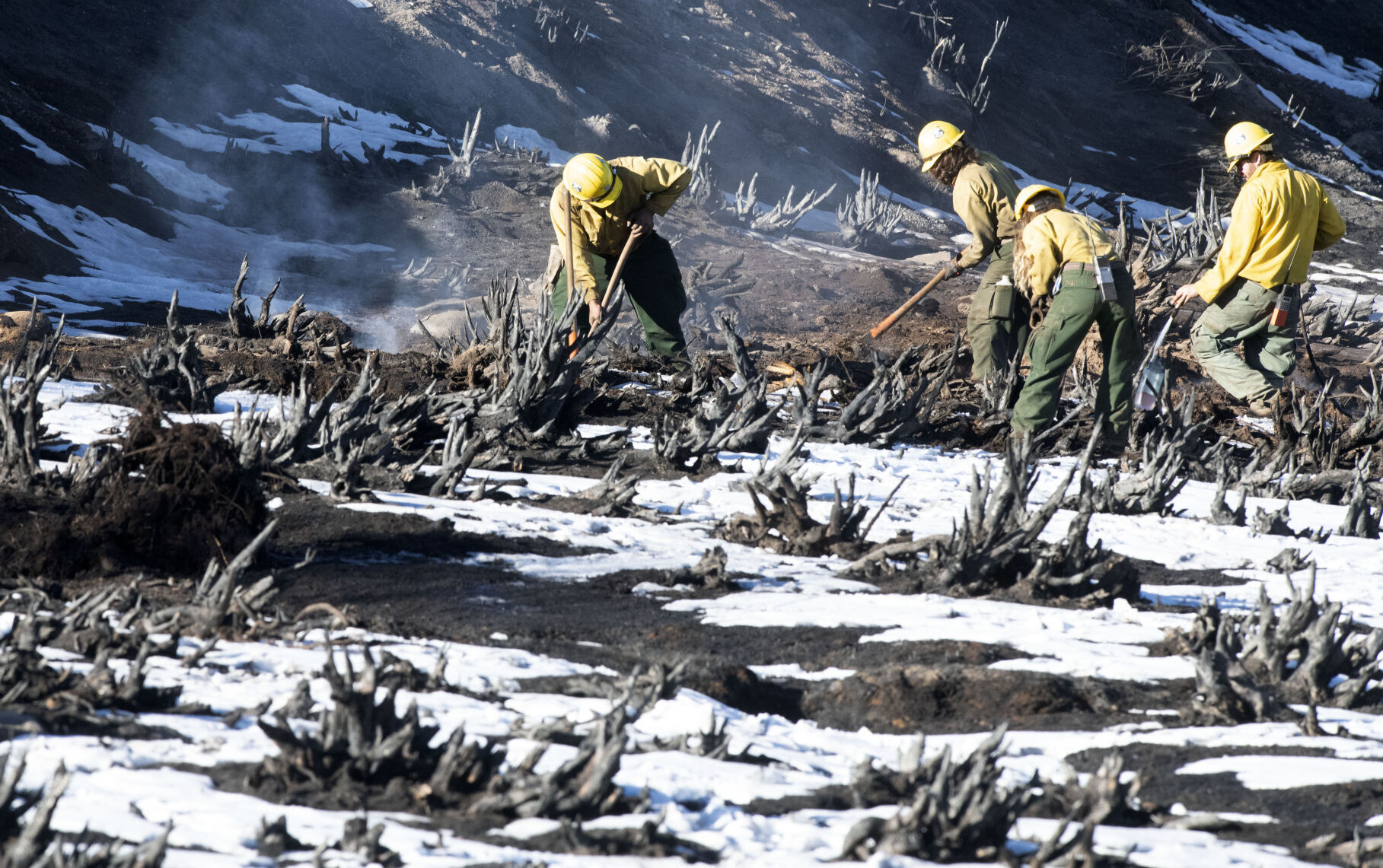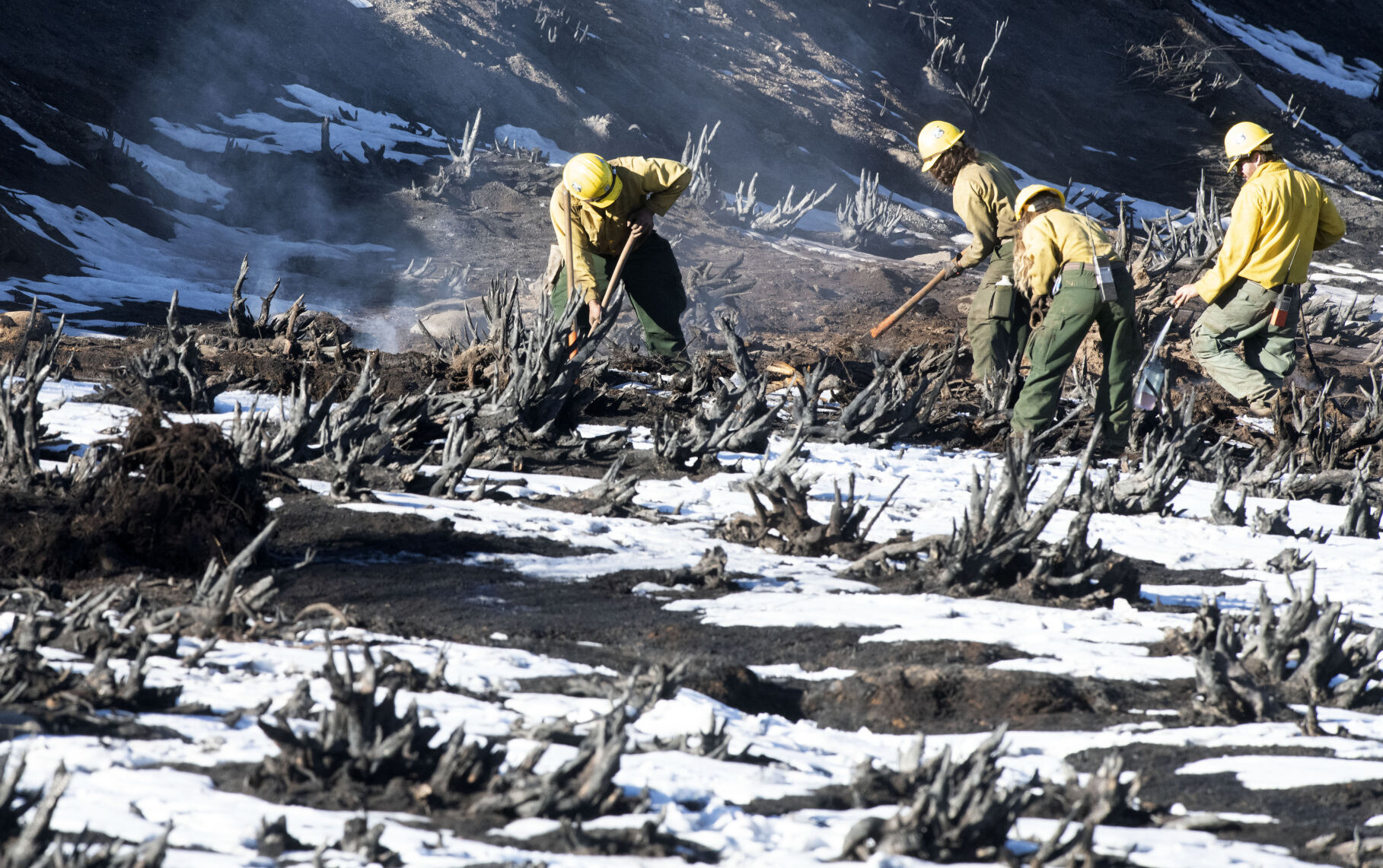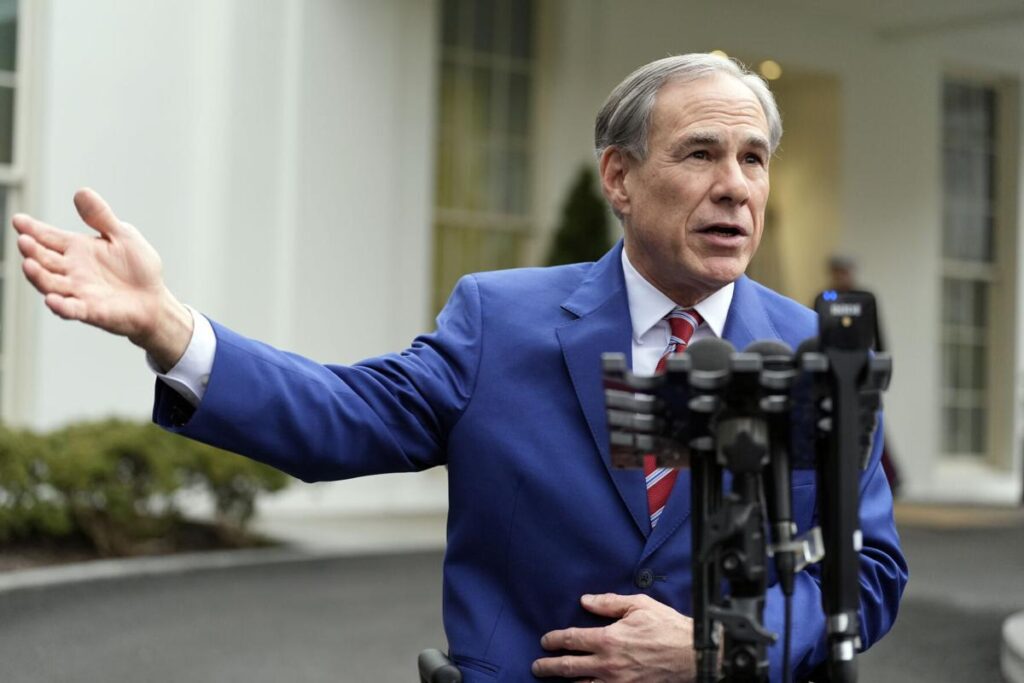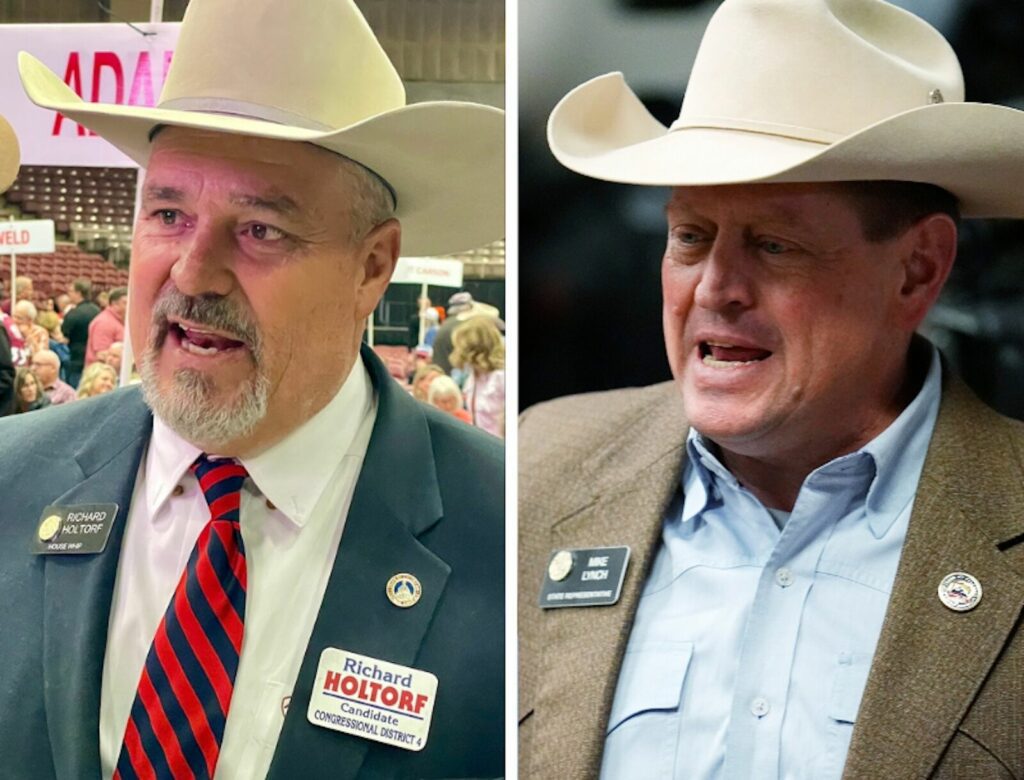Joe Neguse, Michael Bennet introduce bill to boost pay, benefits for wildland firefighters

U.S. Rep. Joe Neguse thinks it’s past time federal wildland firefighters get the pay and benefits they deserve.
That’s why the Lafayette Democrat reintroduced legislation Tuesday to boost wages, secure access to health care and mental health support, and provide housing stipends for firefighters deployed more than 50 miles from their homes, among other measures.
The Tim Hart Wildland Firefighter Classification and Pay Parity Act – dubbed Tim’s Act – is named for Tim Hart, a 36-year-old smokejumper from Cody, Wyoming, who died fighting the Eicks Fire in New Mexico two years ago.
Neguse credited Hart’s widow, Michelle Hart, for inspiring the legislation, calling her “an incredible advocate (who) converted her anguish into action.”
The bill is co-sponsored in the House by California Democrat U.S. Rep. Katie Porter and sponsored in the Senate by U.S. Sen. Michael Bennet, a Colorado Democrat.
Neguse, a founder of the congressional Bipartisan Wildfire Caucus, told Colorado Politics the bill will help “honor the sacrifices” made by those protecting the West from increasingly common wildfires.
“One wildland firefighter who I met with used the phrase ‘forgotten first responders,’ which I thought was such an apt characterization and description, because for too long our federal wildland firefighters have been forgotten in terms of the sacrifices that they’re making,” Neguse said.
Numerous provisions from an earlier, bipartisan version of the bill – introduced by Neguse in 2021 with former U.S. Rep. Liz Cheney, a Wyoming Republican, co-sponsoring – have been adopted as part of other, larger bills, but Neguse said plenty remains to be written into law.
When Neguse first introduced the legislation two years ago, the U.S. Forest Service paid its wildland firefighters – classified as “forestry technicians” – just $13.45 an hour, but President Joe Biden announced a year ago that he was temporarily increasing the pay to $15 an hour for two years under funding from the Bipartisan Infrastructure Act.
The reintroduced bill would raise starting wages for new federal firefighters to $20 an hour, ensure firefighters are paid for all the hours they work, create a database to track cancer and cardiovascular disease among wildland firefights and establish tuition assistance and a chance at receiving retirement benefits.
According to the National Institute for Occupational Safety and Health, firefighters carry a higher risk of cardiovascular disease and lung and other cancers.
“There’s some new provisions, but at its core, it’s housing it’s health care and fundamentally it’s ensuring that these wildland firefighters are paid for the incredible sacrifices that they’re making each and every day,” Neguse said.
Also new this go-around is sponsorship in the Senate. Neguse noted that Bennet’s support improves the bill’s chances of making it across the finish line, possibly as part of the Farm Bill, which Bennet is helping assemble in the Senate Agriculture Committee.
“As climate change fuels increasingly severe fires in Colorado, we rely on wildland firefighters more and more to prevent megafires and protect homes and communities,” Bennet said in a statement. “These firefighters deserve fair pay, support for their mental and physical health, and time to recover from their dangerous work.”
Neguse said the bill hasn’t attracted formal opposition, but added that he has heard concerns about its cost.
“Part of this challenge, part of the work that we have in front of us, is to make the case to our colleagues, to remind them about the sacrifices that federal wildland firefighters are making, and the need to honor our promises to them,” Neguse said.














